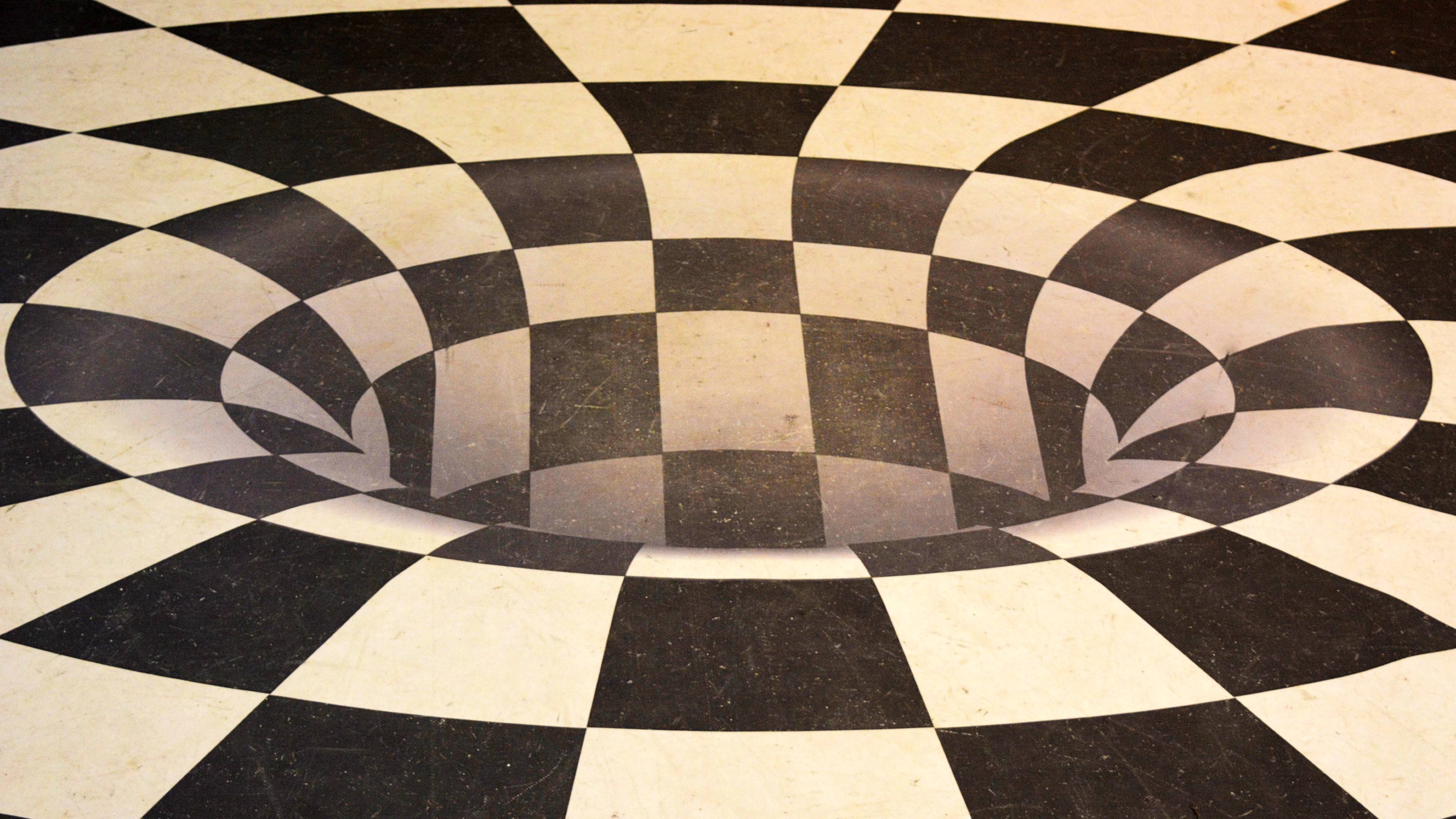“I wrote on a graduate school application that while some children were taught to believe in God, I came to believe in the power of systems analysis.”
Lawrence Summers:
Question: How do you see the world?
Lawrence Summers: Well I wrote on a graduate school application that while some children were taught to believe in God, I came to believe in the power of systems analysis. And I suppose ours was a family where a certain form of analytic reasoning was something that was just in the air and part of what was discussed at the dinner table. And certainly we had lots of schemes for allocating the rights to watch what was the only TV set in the family.
But actually, economics didn’t play a large role in my childhood. I left high school to go to MIT thinking I was going to pursue mathematics or physics as a field. I came to economics really because I wanted to use the kind of quantitative analytical tools one uses when thinking about the hard sciences; but also wanted to be involved in the issues of the day. And it seemed to me that economics gave one an opportunity to do both of those things.
And I think the modes of reasoning around probabilities and uncertainties, around focusing on incentives, around thinking about issues of coordination that economics provide are enormously powerful – and when more and more widely applied, have great potential to make the world a better place.
I think that I developed the habit of mind very early on of not taking anything on faith. And so when somebody tells me “it’s generally accepted that …”, I tend to bristle and be skeptical about any proposition that’s said to be generally accepted. Most of the time, things are generally accepted for a reason, and I’ve taken the posture to come to understand why it’s generally accepted to a greater extent.
But sometimes, by having that reflexive skepticism and proclivity to challenge, you’ll learn that the emperor doesn’t have any clothes. You’ll learn that it’s less a proposition than a platitude, and that’s how interesting things start to develop. So I try to maintain the habit of mind of skepticism, and I try very hard also to not live with contradictory belief. And so I find myself constantly balancing the different things that I know; and when they seem inconsistent with each other, try to understand which one is right, or what the right synthesis is.
Sometimes that leads to productive approaches. Sometimes that leads me to change my mind. Often it leads me to feel more secure in my prior belief. But without those exercises of challenge, I find it very hard to know and to believe things with conviction.
You know this is a kind of approach to thinking, and approach to ideas, that’s very much the habit of science. It’s very much the habit of debate. But it’s something that is somewhat less fashionable than it once was. We have an administration [the George W. Bush administration] that takes pride in the fact that its policies are based on faith and conviction rather than reason and evidence. In a very different corner in large parts of the academic world, the parts of the academic world that would almost define themselves by the opposition to what the administration stands for, there’s a belief that truth is an arbitrary social construct, or a reflection of power relations rather than reality. And the great virtue of debate is respect for each other’s positions.
And I have very much the opposite sense. The great virtue of debate is to understand it better, and you come closer to a better answer.
So those are the habits of mine that lie behind the different things that I do.
I think in some cases, it’s a comfortable world view if you lack the analytic techniques to deal with data and evidence, that it’s comfortable to develop theories that render them less relevant. And that, I think, is certainly a part of the story.
I think another part of the story is that people develop a conviction that you can’t know things and, in some ultimate, philosophical sense that may be true. But decisions have to be made and people do make decisions. And it seems to me that it’s better to think about more informed decisions than less informed decisions; but with the luxury of not needing to decide, it’s easier to take the relaxed view of what constitutes truth, and what need there is for evidence than when there are consequential choices that, if made more wisely, will either have enormous benefits for people or have enormous costs to people.
So I think the feeling of responsibility for action – which I’ve been fortunate to have in my time outside and inside the university – probably creates a greater sense of responsibility to debate.
I think the lens through which I see things is analytic. It is evidence-based. It is based on a need for internal consistency. And I think the discipline that thinks about questions relating to the flow of capital and the distribution of income in those ways is the discipline that we call economics.
Those habits of thought are important if you want to think about the future of relations between the United States and China. Or if you want to think about how resources should be allocated to different parts of research and the life sciences. Or if you want to fight crime effectively.
I do try to consistently bring to bear a focus on data, on thinking about incentives, on thinking about outcomes, and thinking about how systems can be modified to produce better outcomes.
And I think thinking systematically in that way can drive better outcomes. I don’t think if you’re thinking about my relationship with my children, or my thinking about the play I enjoyed a couple of weeks ago, that’s not about taking an analytic perspective. That’s about something; things that are very different.
But in the professional spheres that I’ve chosen, I think that being resolutely analytic is the way to get the best thinking.
I’m proud of my identity as Jewish, and took great pride in my children’s bat mitzvahs and bar mitzvahs.
But in thinking about the kinds of questions we have been discussing, the supernatural or faith do not play an important role in my thinking. Though, clearly, in thinking about some aspects of the very important role that faith plays in other spines is something one has to very fully recognize.
I don’t know that that’s something I have been called on, issues I’ve been interested in or involved in, to take on particularly. But I think that you have to try as best you can to understand the world view of others.
When I was at World Bank, perhaps the most dramatic thing I did when I was there was do a substantial body of research that made the case – that I think has stood up rather well – that sending girls to primary school was probably the highest social return investment you can make in the developing world. Well I decided the place to present that work was in Pakistan, which stood out at that time for the fact that there were only 90 living women for every 100 men, in sharp contrast to what was true in the rest of the world. But in order to make that a presentation that would connect not just with my concerns but with my audience’s concerns with the aid of others who were far more knowledgeable than I, I reflected on some of those parts of the Koran that extol the importance of fair treatment of girls and of women.
Because I thought it was important to try to see that issue not just through a kind of narrow-minded prism of what would reduce mortality rates and the like, but through the prism through which others were more likely to see it.
And I think that that kind of effort to understand others is almost always; I think we’ll get to the best place if we debate them and discuss them in the freest possible way, with as many perspectives brought to bear as possible. Out of the best argument, we are likely to see the best kinds of outcomes.
But that’s going to require bringing many people to the table for that argument. That’s going to require putting a premium on really understanding the issues for those who are going to be involved in the argument. That’s going to put a premium on being open to points of view that may, at first, seem unwise or unfashionable.
And those are the processes and aspects of the process that I think are likely to lead to better outcomes.
I think that for all its problems, the American system does stand out for its openness, for its reduced insistence on conformity, for its commitment to reason. And therefore I’m hopeful that we will find our way, and that leadership from the United States will be essential in shaping the way all these developments play out internationally.
Recorded On: June 13, 2007






